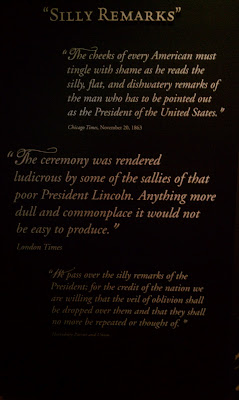He is, after all, a Scout.
He has a zeal for living I wish I could bottle. He approaches the breakfast table and pulls out an order form for popcorn. He's a Boy Scout (Not yet, he tells me. He's still at the Webelos level. He's a Cub Scout eagerly preparing to be a Boy Scout), and he's selling popcorn as a fundraiser.
At 7:30 AM.
I'm not surprised at his early morning sales pitch. He's an entrepreneur if I've ever seen one. His lemonade stand grossed a fortune in July.
As he folds the order form neatly, he says, "I'm going to earn a new badge for building with wood." He pauses, creating anticipation.
"What are you going to make?" I ask.
"Stilts!"
He confirms that he's already very skilled in stilt walking.
 Stilts: those wooded structures that we attach to our legs to walk high about the ground. I read later that shepherds in France, mounted on stilts, could do extraordinary things--walk through the rivers, run across dangerous marshes, and forge trails otherwise blocked by thick brush.
Stilts: those wooded structures that we attach to our legs to walk high about the ground. I read later that shepherds in France, mounted on stilts, could do extraordinary things--walk through the rivers, run across dangerous marshes, and forge trails otherwise blocked by thick brush.The stilts make a way through the wilderness. And at that height, stilt-walkers see with a new perspective. And this little boy knows the places he can go with them strapped to his legs.
I want stilts. I want to be a stilt-walker through this day: rising above obstacles, forging trails. There's no path cleared in this territory. It's a life of faith, and I need my stilts. I mount up by faith, I see the blocked path, and I walk on.
(Photo: "The Stilt Walker of Landes," Sylvain Dornon)










